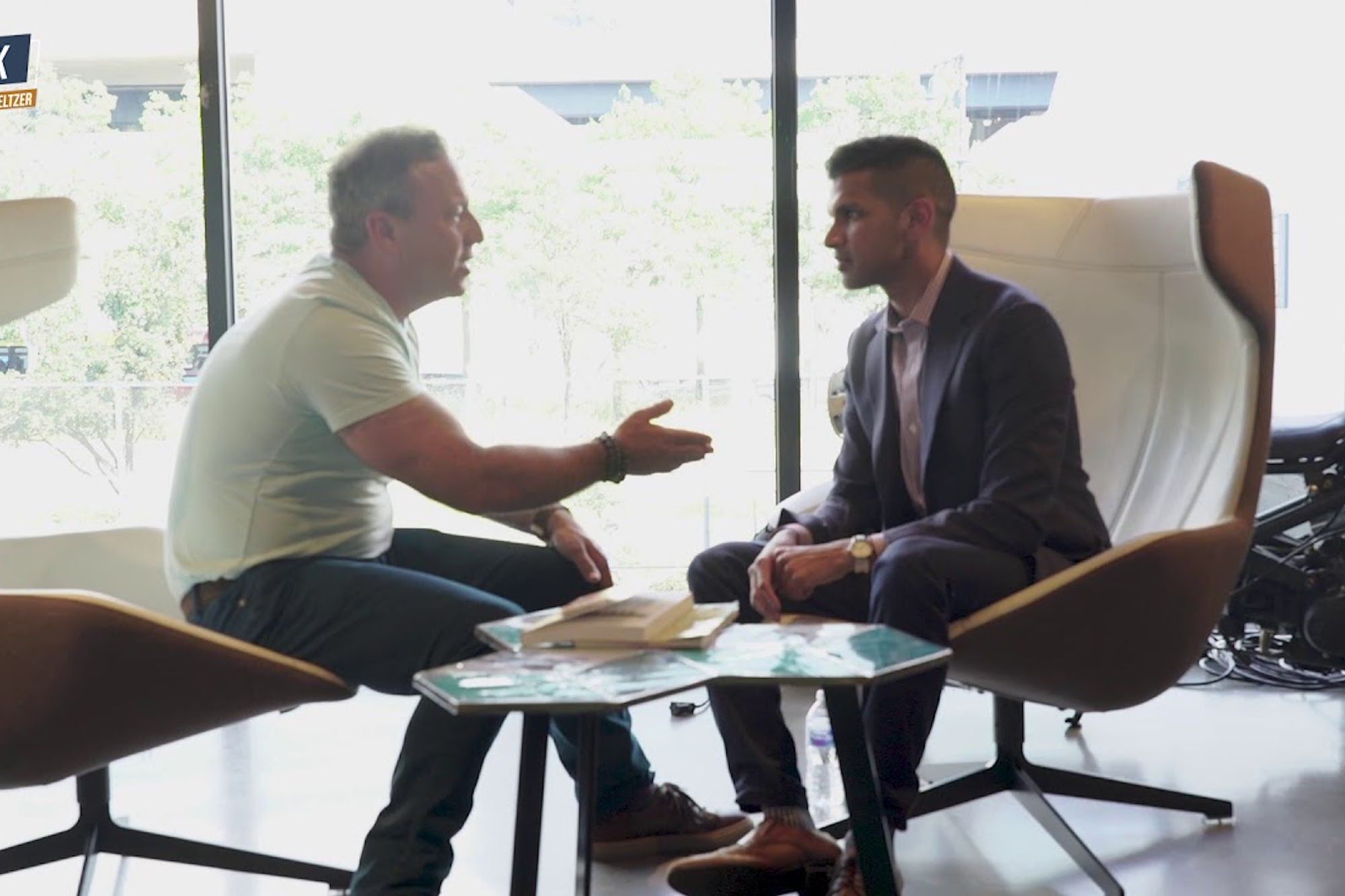Earlier this month, TechCrunch held its inaugural Mobility Sessions event, where leading mobility-focused auto companies, startups, executives and thought leaders joined us to discuss all things autonomous vehicle technology, micromobility and electric vehicles.
Extra Crunch is offering members access to full transcripts of key panels and conversations from the event, such as Megan Rose Dickey‘s chat with Voyage CEO and co-founder Oliver Cameron and Uber’s prediction team lead Clark Haynes on the ethical considerations for autonomous vehicles.
Megan, Oliver and Clark talk through how companies should be thinking about ethics when building out the self-driving ecosystem, while also diving into the technical aspects of actually building an ethical transportation product. The panelists also discuss how their respective organizations handle ethics, representation and access internally, and how their approaches have benefited their offerings.
Clark Haynes: So we as human drivers, we’re naturally what’s called foveate. Our eyes go forward and we have some mirrors that help us get some situational awareness. Self-driving cars don’t have that problem. Self-driving cars are designed with 360-degree sensors. They can see everything around them.
But the interesting problem is not everything around you is important. And so you need to be thinking through what are the things, the people, the actors in the world that you might be interacting with, and then really, really think through possible outcomes there.
I work on the prediction problem of what’s everyone doing? Certainly, you need to know that someone behind you is moving in a certain way in a certain direction. But maybe that thing that you’re not really certain what it is that’s up in front of you, that’s the thing where you need to be rolling out 10, 20 different scenarios of what might happen and make certain that you can kind of hedge your bets against all of those.
For access to the full transcription below and for the opportunity to read through additional event transcripts and recaps, become a member of Extra Crunch. Learn more and try it for free.
Megan Rose Dickey: Ready to talk some ethics?
Oliver Cameron: Born ready.
Clark Haynes: Absolutely.
Rose Dickey: I’m here with Oliver Cameron of Voyage, a self-driving car company that operates in communities, like retirement communities, for example. And with Clark Haynes of Uber, he’s on the prediction team for autonomous vehicles.
So some of you in the audience may remember, it was last October, MIT came out with something called the moral machine. And it essentially laid out 13 different scenarios involving self-driving cars where essentially someone had to die. It was either the old person or the young person, the black person, or the white person, three people versus one person. I’m sure you guys saw that, too.
So why is that not exactly the right way to be thinking about self-driving cars and ethics?
Haynes: This is the often-overused trolley problem of, “You can only do A or B choose one.” The big thing there is that if you’re actually faced with that as the hardest problem that you’re doing right now, you’ve already failed.
You should have been working harder to make certain you never ended up in a situation where you’re just choosing A or B. You should actually have been, a long time ago, looking at A, B, C, D, E, F, G, and like thinking through all possible outcomes as far as what your self-driving car could do, in low probability outcomes that might be happening.
Rose Dickey: Oliver, I remember actually, it was maybe a few months ago, you tweeted something about the trolley problem and how much you hate it.
Cameron: I think it’s one of those questions that doesn’t have an ideal answer today, because no one’s got self-driving cars deployed to tens of thousands of people experiencing these sorts of issues on the road. If we did an experiment, how many people here have ever faced that conundrum? Where they have to choose between a mother pushing a stroller with a child and a regular, normal person that’s just crossing the road?
Rose Dickey: We could have a quick show of hands. Has anyone been in that situation?











